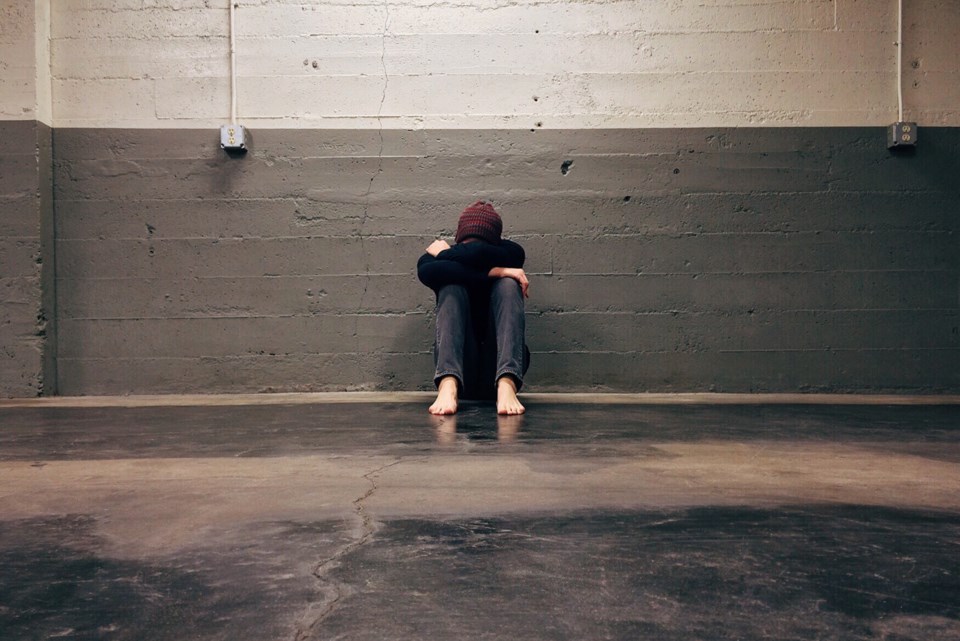Without funding increases for mental health and addiction services, suicides will continue to rise, domestic violence will grow and more families will fall apart.
That’s the prediction of Helen Fishburn, CEO at the Canadian Mental Health Association (CMHA) of Waterloo Wellington, and the inspiration behind a call for government action.
“I know that sounds dramatic, but it isn’t,” she said. “Our community is suffering and struggling. They’re stressed, they’re anxious, they’re depressed, they’re worried not only about what’s happening right now but into the future.”
Prior to the pandemic, Ontario’s mental health crisis was already at a “breaking point,” she said, adding isolation, job losses, the death of loved ones, anxiety, alcohol and drug use and more have only exacerbated the situation.
“We’ve seen a total shift in the baseline of mental health across our community,” Fishburn said. “People are just overwhelmed. … That is the new normal that we’re dealing with.”
In response, seven organizations, including CMHA Ontario, have joined forces to raise awareness and call on the various levels of government to increase funding and access, while reducing wait times for a variety of mental health services.
As of Tuesday, there are 3,520 people waiting to access services through CMHA WW alone – a number Fishburn said has been “rising steadily” throughout the pandemic. Wait times vary depending on the service needed, she added, but can stretch into several years.
“That’s not good enough. We need to do better for those people,” she said. “Can you imagine if you broke your leg and you had to wait months to get a cast on it? It’s the same thing with mental health.
"It is not ethical to ask people to wait that long for care.”
There are likely “way more people” in need of services such as psychiatry, housing, nursing, occupational therapy, residential care, community care and more but they don’t reach out for help because of the stigma attached to it, she added.
“It takes great courage to reach out for help.”
Since the start of the pandemic – which reaches the one-year mark on Thursday – CMHA WW has seen a 30 per cent increase in calls to its mental health crisis hotline known as Here 24/7. Daily calls have jumped from 150-160 to between 225 and 275.
“Anyone who calls in crisis, they get immediate care and immediate response but for folks who are not in crisis, we do our very best to match them to what’s available in the community,” Fishburn said of services. “Those folks do not make the waiting list, those people are not included in the 3,520.”
Participants in the “Everything Is Not OK” campaign include Addictions and Mental Health Ontario, Canadian Mental Health Association Ontario, Centre for Addiction and Mental Health , Children’s Mental Health Ontario, Ontario Shores Centre for Mental Health Sciences, The Royal, and Waypoint Centre for Mental Health Care.
Fishburn said it’s hard to put a number on how much funding is needed.
“We need governments, the provincial government in particular, to pay attention to the mental health needs that are currently in our community,” she said. “We have to have a level of funding that is significant to be able to meet those needs.”
Additional dollars should be put toward community-based and residential care, especially for addictions, and in-patient hospital care, as well as mental health promotion and education, Fishburn noted.
“In my 20 years, I have never seen anything like this,” she said of seven organizations coming together to call for action. “This is unheard of. It’s probably long overdue as well.”
For more information about the campaign, visit www.everythingisnotok.ca.
